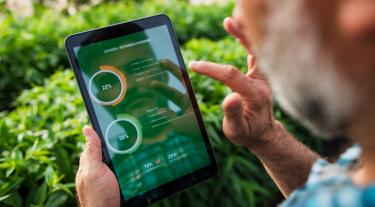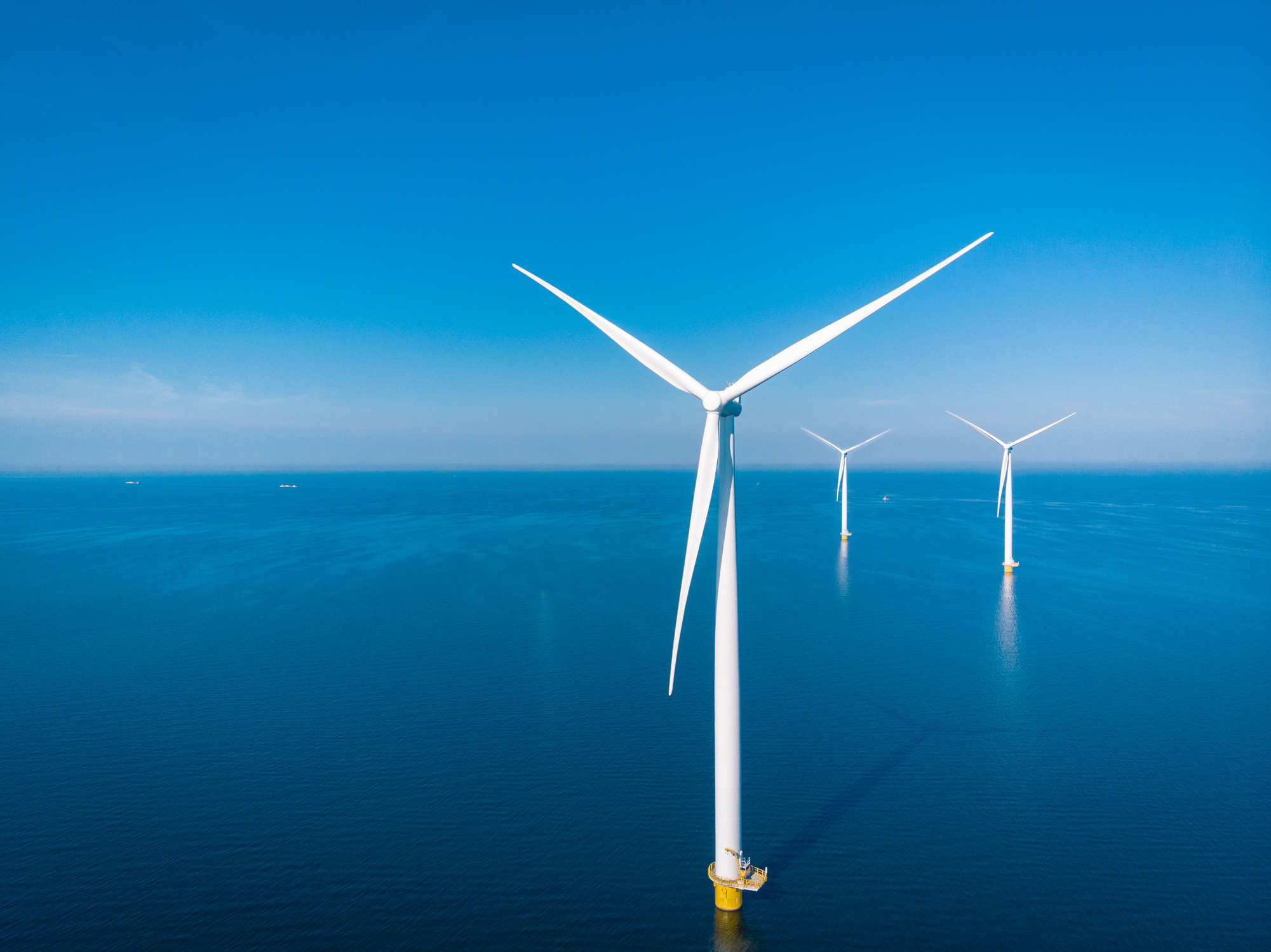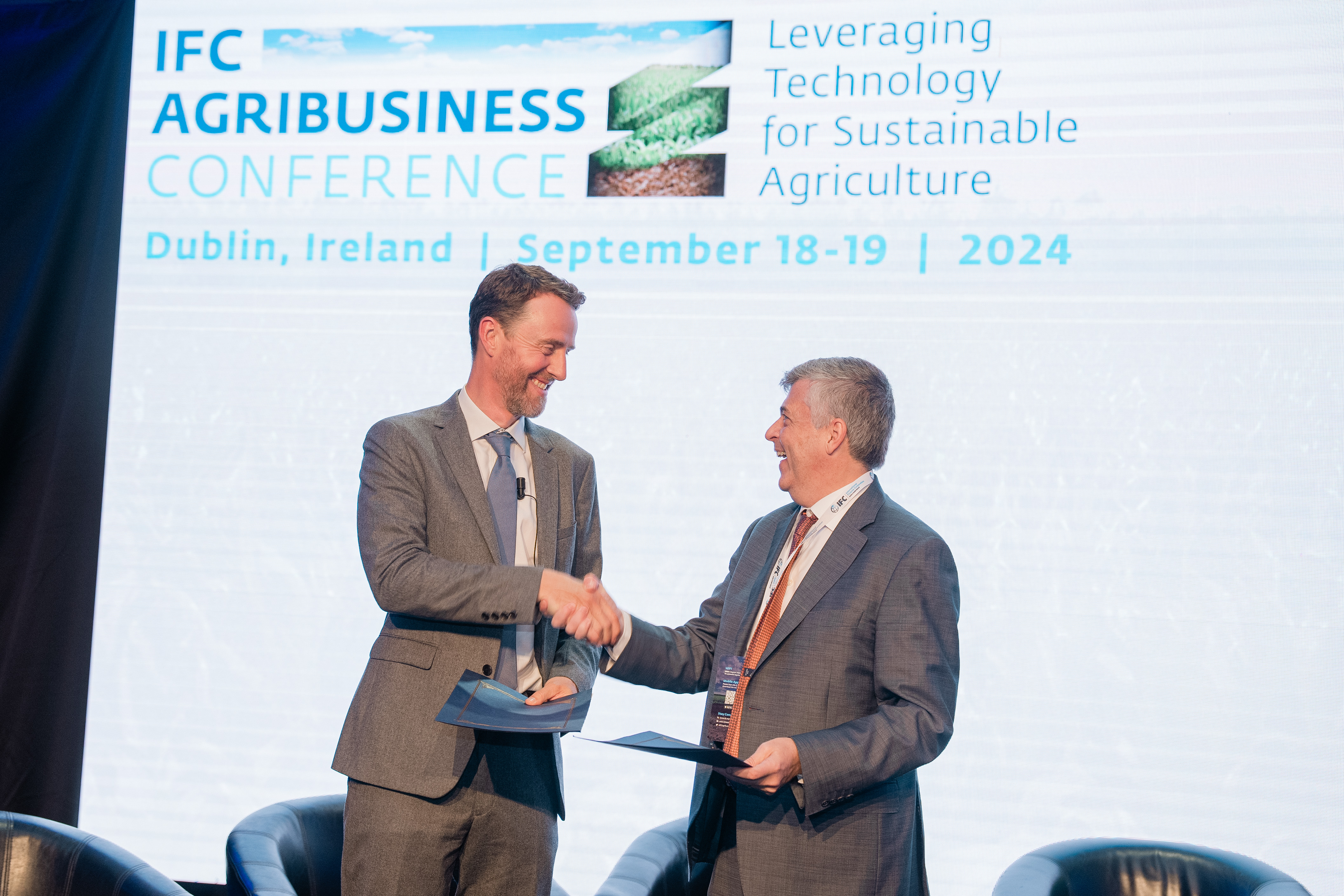Decarbonising the Use-Phase of Connected Devices (DUCD) is a collaboration between Amazon, Microsoft, Samsung and Sky with the Carbon Trust formed to tackle the greenhouse gas emissions resulting from use-phase electricity consumption of internet connected electrical and electronic products.
The use-phase, or time consumers spend using the product after they have bought it, is typically the largest source of emissions in an electronic product’s life cycle. Globally, these connected devices currently need approximately 500 TWh of energy annually — similar to France’s total energy use.
It has therefore been a priority for the tech industry to better understand and account for their products’ carbon impact and to find ways to drive down emissions while the devices are being used.
Published today, the methodology sets out how companies can assess and report emissions using data drawn from devices that are being used by their customers, enhancing the accuracy of reporting that has until now relied upon lifetime forecasts used in current emissions accounting. Tech firms will also be able to account for emissions reductions that have been achieved in the process of using the methodology.
The annual reporting of use-phase emissions and reporting of emissions reductions will lead to increased transparency in communication to consumers, incentivising companies to make reductions while the product is still being used. The standardisation and accuracy of the data will also guide companies to identify innovative solutions to further reduce the carbon impact of their devices.
Felix Prettejohn, Senior Consultant at the Carbon Trust said:
“Connected devices are becoming increasingly relevant in everyday life and so it was important to bring key players in the technology industry together to start to address use-phase emissions now. This collaboration has produced a significantly improved approach for the calculation and reporting of carbon emissions and reductions achieved from connected devices and lays the foundation for further efforts to address emissions in this challenging area.”
Inhee Chung, Vice President of the Corporate Sustainability Center at Samsung Electronics said:
“The use-phase emissions make up the lion's share of our products’ carbon emissions across their lifecycle, and measuring is key to managing and reducing emissions. At Samsung, engaging and empowering consumers through our energy saving solutions is a key element of our climate strategy, and we look forward to applying the DUCD methodology to demonstrate how our SmartThings platform and its AI Energy Mode enable consumers to monitor and reduce the energy use of their connected devices.”
Maiken Moeller-Hansen, Director of Energy and Sustainability for Amazon Devices and Services said:
“Amazon has long been committed to the reduction of carbon emissions, and we’re continuously looking for ways to reduce the carbon emissions of our devices throughout their lifetime. This new approach will provide even more accurate measurements, which will help us find new opportunities to innovate and reduce the emissions of our devices while they’re being used and better educate our customers about the impact of their devices.”
Notes to editors
For further information please contact:
The Carbon Trust press office on +44 (0)20 7170 7050 or press@carbontrust.com.
The methodology is now available in two parts on the Carbon Trust website:
- Assessment of Product Use-phase GHG Emissions from Electrical and Electronic Products - Part 1: Specification and Guidance
- Assessment of Product Use-phase GHG Emissions from Electrical and Electronic Products - Part 2: Conformity Assessment
About the Carbon Trust
The Carbon Trust is a global climate consultancy driven by the mission to accelerate the move to a decarbonised future. We have been climate pioneers for over 20 years, partnering with businesses, governments and financial institutions to drive positive climate action. From strategic planning and target setting to activation and communication - we turn ambition into impact. To date, our 400 experts have helped set 200+ science-based targets and guided 3,000+ organisations and cities across five continents on their route to Net Zero.





